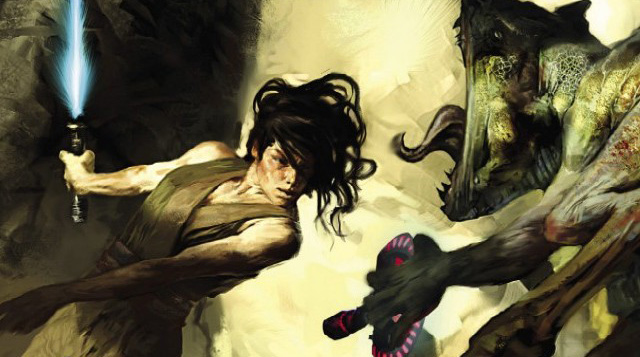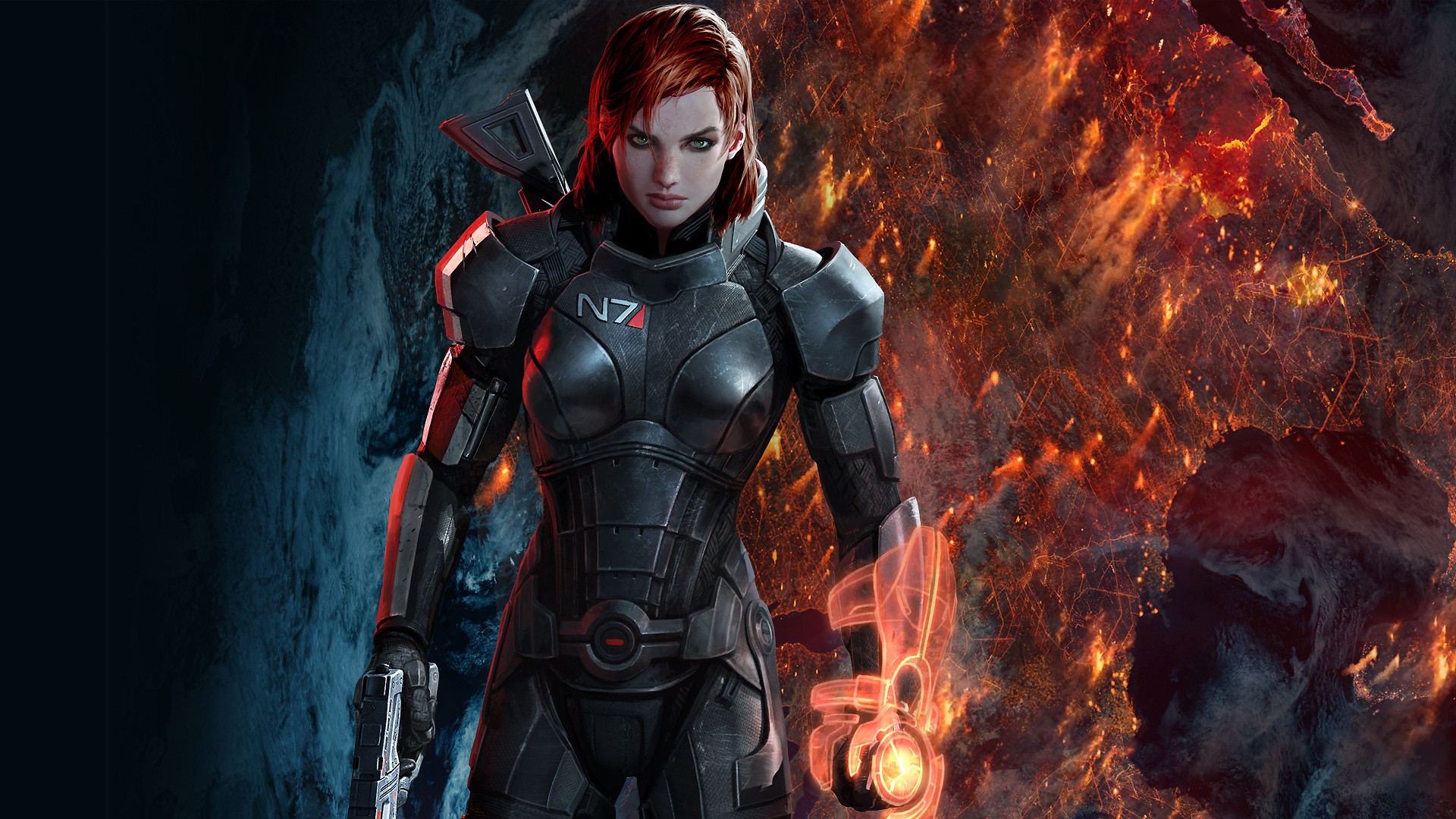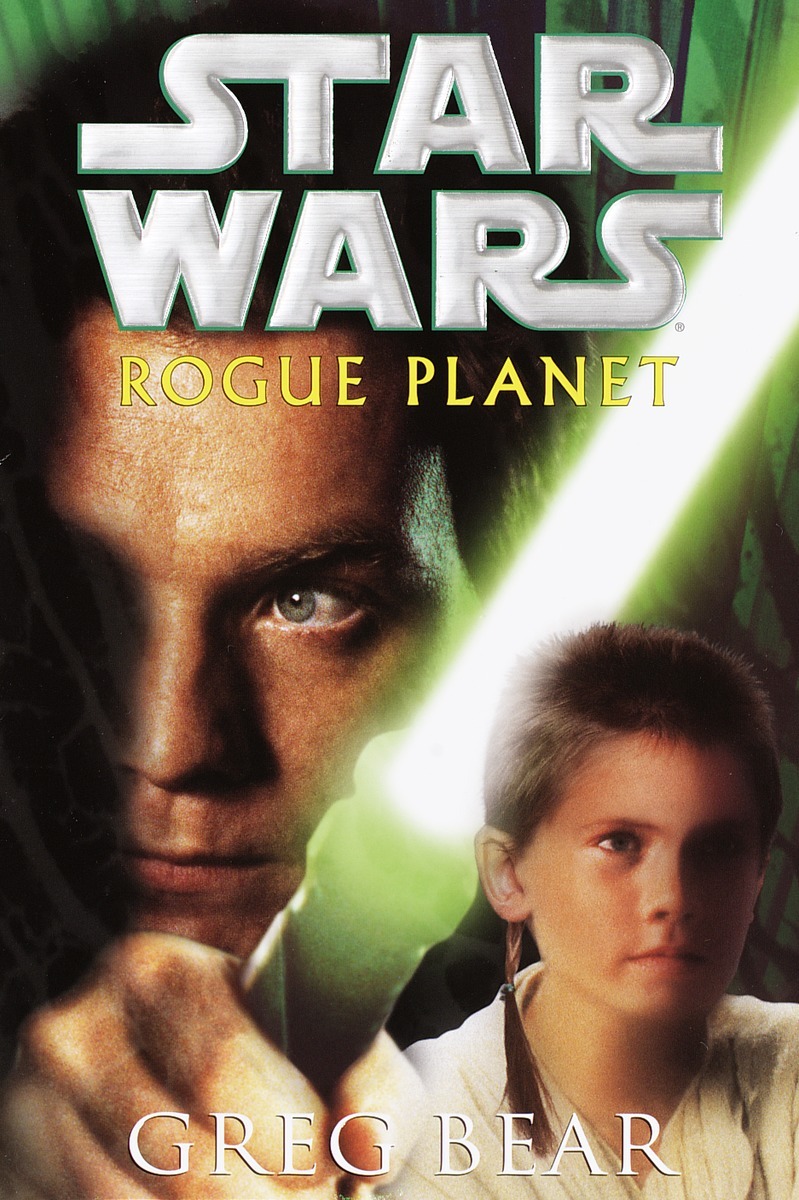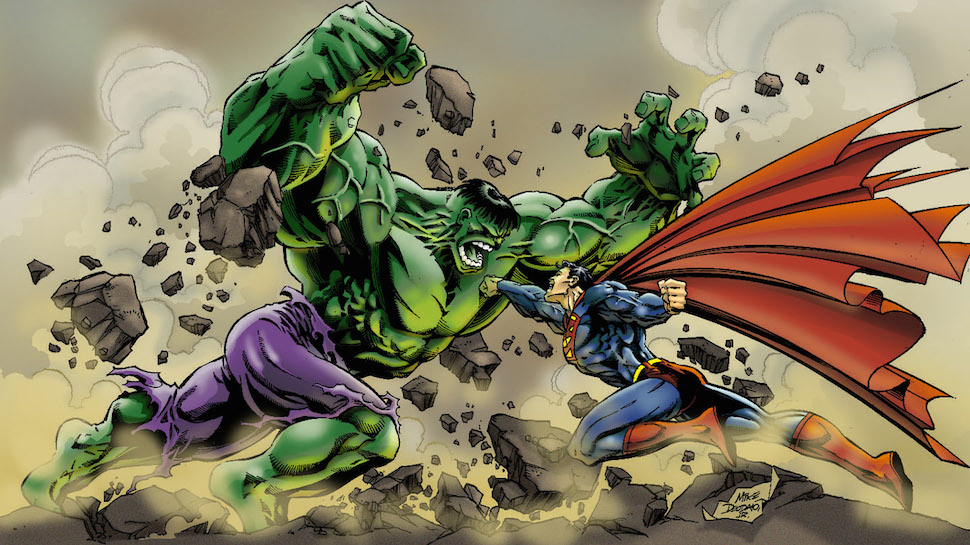O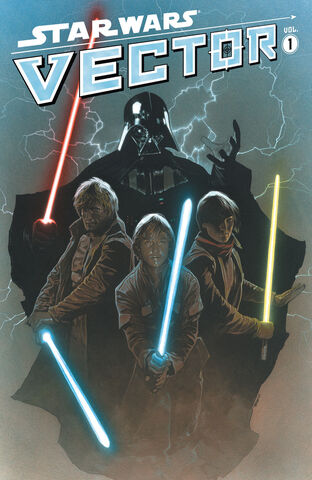 n one side, John Ostrander and frequent collaborator, Jan Duursema; on the other, John Jackson Miller. These individuals have arguably been the heart and soul of the comics Expanded Universe for the last decade. When both Legacy and Knights of the Old Republic were running, it was a golden age for Star Wars (SW) comics. Dark Horse Comics’ (DHC) axing of both titles was their biggest and most spectacular own goal, though opting for miniseries a la the Mignolaverse isn’t far behind.
n one side, John Ostrander and frequent collaborator, Jan Duursema; on the other, John Jackson Miller. These individuals have arguably been the heart and soul of the comics Expanded Universe for the last decade. When both Legacy and Knights of the Old Republic were running, it was a golden age for Star Wars (SW) comics. Dark Horse Comics’ (DHC) axing of both titles was their biggest and most spectacular own goal, though opting for miniseries a la the Mignolaverse isn’t far behind.
Yet, if we were to pit these titans against each other, what might the outcome be? I think it would be fair to say their strengths play out differently – where Ostrander excels at worldbuilding and a grand, epic sweep, Miller’s forte is crafting characters you immediately latch onto and care about. With their successor projects, as it were – Dawn of the Jedi and Knight Errant, this difference is particularly noticeable.
